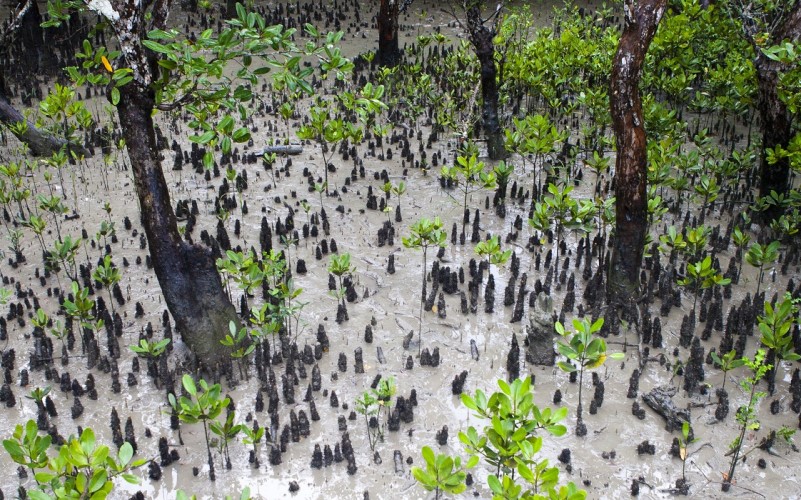
19.05.2025
Nature-positive business models: biodiversity in the Amazon is paying dividends
In Brazil’s biodiverse Amazon region, new business models are opening up opportunities for sustainable economic development in harmony with nature.
When Mâringela Cunha, President of the D’Irituia agricultural cooperative, talks about her work, for her one thing is clear: ‘Protecting the Amazon forest means preserving the life in each of us.’ The Amazon region of Brazil is rich in biodiversity. But many species there are threatened with extinction. Climate protection depends on intact ecosystems. More than 50 per cent of global economic output is dependent on biodiversity.
This is the case in Brazil, where 30 per cent of the Amazon region’s 25 million inhabitants earn a living using the forest’s resources.
For this reason, the Deutsche Gesellschaft für Internationale Zusammenarbeit (GIZ) GmbH is providing support to nature-positive business models on behalf of the German Federal Ministry for Economic Cooperation and Development (BMZ). These business models not only create economic benefits, they also improve the health of ecosystems – for example by improving soil fertility, making more sustainable use of water resources and promoting biodiversity. They are the basis for sustainable use of the Amazon forest and for protecting our planet’s green lungs.
Finding new approaches together
For economic development and biodiversity conservation to be successful, all stakeholders in the region must work together to shape development. This is why GIZ connects companies, civil society, producers and the government in dialogue forums. These discussion rounds not only lead to a better understanding of the political framework, they also enable participants to jointly develop proposals for improvement. In this way, dialogue supports fair and sustainable partnerships and promotes the marketing of products developed from nature-positive business models. With GIZ support in implementation, the first products from participating cooperatives are now part of school nutrition programmes.
The private sector as part of the solution
Two participants in the dialogue forums are Symrise, a German company and global supplier of cosmetic ingredients, and Natura, a Brazilian cosmetics multinational. Both are investing in machinery and training courses that enable cooperatives in the producer country to process raw products such as nuts. They can then sell products produced sustainably in the Amazon region at a higher market value and increase income for members. ‘We used to be supplied with unprocessed products,’ says Diana Gradíssimo, technical coordinator at Symrise. ‘But some cooperatives now supply us with oils and fats they’ve produced themselves. This means they’re able to play a bigger part in the bioeconomy.’
Symrise and Natura are partners in the develoPPP funding programme through which GIZ has facilitated partnerships with industry leaders and drivers of innovations of the private sector for over 25 years. Both companies see great potential in the partnership with GIZ. It gives them reliable access to high-quality raw materials that are both sustainable and produced under fair conditions. The private investment share in this partnership now amounts to EUR 2.5 million, significantly surpassing the public contribution. GIZ connects companies and cooperatives and provides support in implementing the partnership locally.
By combining nature conservation with sustainable economic models, nature-positive business models are helping to safeguard the future of the planet as a place worth living and improve people’s livelihoods.



